| | | | | | | Presented By Equinor | | | | Axios World | | By Dave Lawler ·May 27, 2021 | | Welcome back to Axios World. - We're taking off tonight from Colombia with stops in Mexico, Jerusalem, Rwanda and a lab in Wuhan (1,857 words, 7 minutes).
- Heads-up: We'll be off on Monday for Memorial Day. I'll see you next Thursday.
New arrival? Sign up | | | | | | 1 big thing: Colombia's crisis enters second month | 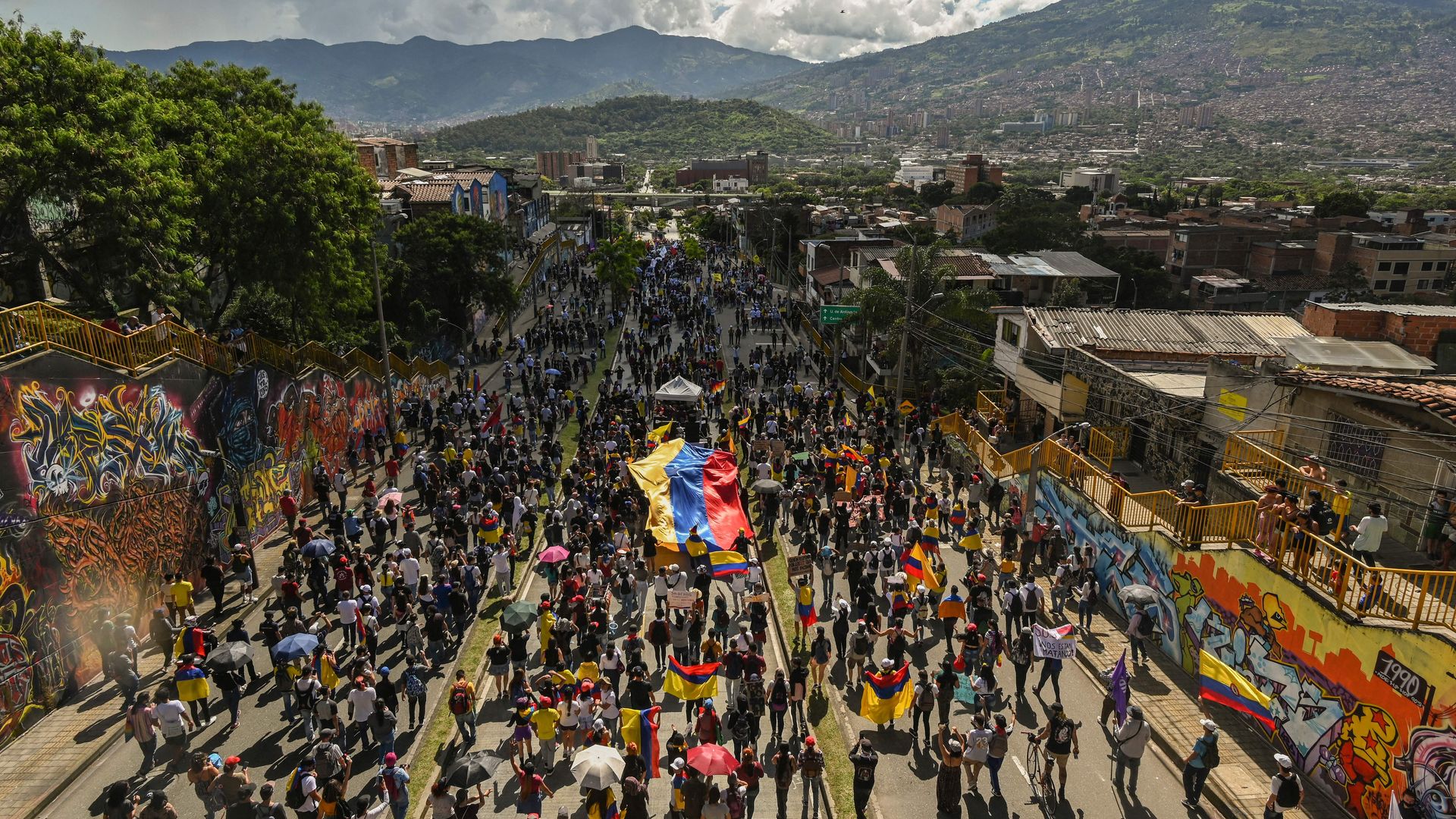 | | | Protests in Medellín on May 19. Photo: Joaquin Sarmiento/AFP via Getty | | | | Colombia has been wracked by protests for a month, with critical supplies cut off due to roadblocks, another nationwide strike expected tomorrow and accusations of police brutality growing louder. Why it matters: "Things are worsening every single day," says Marta Lucía Ramírez, Colombia's vice president and foreign minister. She says the roadblocks are preventing food and critical medical supplies like oxygen from being transported between Cali — the epicenter of the protests — and the capital, Bogotá. Speaking to a small group of reporters today at the Colombian ambassador's residence in Washington, Ramírez said the roadblocks and the destruction of public transport systems were "destroying the conditions for normal life." - She described Colombia's crisis as a worrying test for the country's democracy, in part because of the intense political polarization on display.
The big picture: The protests began on April 28 over tax reforms proposed by conservative President Iván Duque. The reforms were withdrawn, but the protests grew into a major social movement focused on poverty and inequality that has drawn tens of thousands into the streets. - The protests have attracted international attention mainly due to allegations of police brutality and the rising death toll, which the government puts at 17 but human rights groups say is at least 50. Four police officers have been charged with homicide.
- At least 55 Congressional Democrats have called for the Biden administration to cut off assistance to the Colombian National Police over the alleged abuses.
- Ramírez met today with members of Congress as well as USAID director Samantha Power and Juan Gonzalez, the National Security Council senior director for the Western Hemisphere. She'll meet with Secretary of State Tony Blinken tomorrow.
- She asked the Biden administration for donations or loans of coronavirus vaccines and other help in fighting the pandemic, which she says is driving the social unrest.
What she's saying: "We agree that there are so many reasons to be concerned about the future, to have some fears for the future. So many people have lost their jobs [and] loved ones," she said. Poverty has spiked to such an extent that "in a year we lost so many years of efforts." - At least some of the frustrations pre-date the pandemic, as the unpopular Duque also faced large protests in 2019.
- As for the anger around police brutality, Ramírez said it resembled the aftermath of George Floyd's killing in the U.S.
What's next: Ramírez said the strike leaders were making demands like a basic income for 30 million Colombians that would be "impossible" to deliver due to budget constraints and that they're "not in a hurry" to make a deal despite entering into negotiations with the government. - Thus, she fears the crisis could drag on for some time.
Worth noting: As the meeting ended, Ramírez mentioned that one reason for the divisions in Colombian society was that men were in charge — a possible signal of her own ambitions ahead of the presidential elections next year. |     | | | | | | 2. Exclusive: Jerusalem evictions could spark conflict, Blinken warns |  | | | Blinken (L) with Israeli Prime Minister Netanyahu. Photo: Menahem Kahana/AFP via Getty | | | | Secretary of State Tony Blinken warned Israeli leaders on his visit to Jerusalem this week that evictions of Palestinian families from East Jerusalem or further unrest on the Temple Mount could spark renewed "tension, conflict and war," he told Axios' Barak Ravid in a phone interview. What he's saying: Speaking on his flight back from the Middle East, Blinken said the most important aspect of his trip was that he heard directly from Israel and indirectly from Hamas, through Egypt, that both want to maintain the ceasefire. - "But it's also important that we avoid various actions that could unintentionally, or not, spark another round of violence," Blinken said.
"We raised the concerns that we have on all sides with actions that in the first instance could spark tension, conflict and war and also ultimately undermine even further the difficult prospects for two states," he said. - While meeting with Israeli officials, Blinken mentioned "evictions of Palestinians from their homes where they lived for decades and generations, the demolitions of housing as well ... and of course everything that took place on and around the Temple Mount," or Al-Aqsa Mosque compound, where confrontations between protesters and heavily armed Israeli police continued even after the ceasefire.
- With Palestinian leaders, "we raised incitement to violence or letting violence go forward with impunity," Blinken said, as well as the "very problematic" payments made to the families of Palestinians convicted of terrorism.
- He would not characterize the responses of either side to those warnings, saying he'd let them speak for themselves about "how they're taking all that on board."
Read the full interview |     | | | | | | 3. Mexico's deadly campaign season | 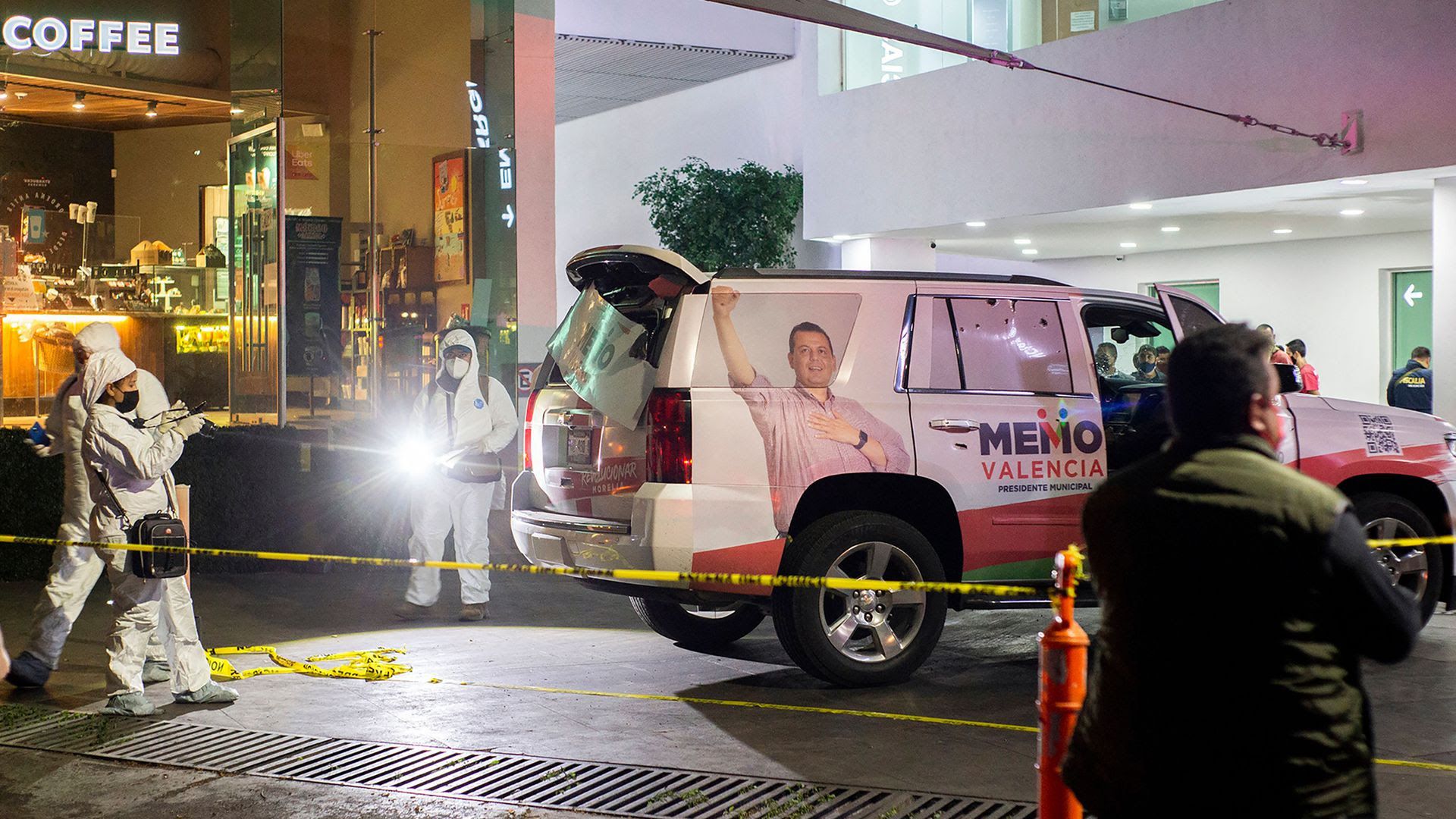 | | | The armored campaign car of Guillermo Valencia, who is running for mayor of Morelia, Michoacán, was shot up. Valencia survived. Photo: Enrique Castro/AFP via Getty Images | | | | At least 88 politicians have been killed in Mexico, and more than 100 report they've been threatened or kidnapped in the run-up to next week's midterm elections, my Axios Latino colleagues report. - A municipal candidate, Alma Barragán, was assassinated this past Tuesday during a campaign stop.
Why it matters: This Mexican election cycle is already the second bloodiest ever. In 2018, about 140 people involved in politics were murdered. - Electoral violence, according to experts, comes from organized crime trying to eliminate candidates they think will challenge them or their business, and from politicians trying to get rid of rivals.
By the numbers: 75% of those assassinated were opposition candidates running for state-level office, according to risk analysis firm Etellekt. - It's been estimated that a politician in Mexico is twice as likely as a civilian to be killed, in a country where the murder rate is among the highest in the world.
- Around 94% of crimes in Mexico aren't reported to authorities, per the public statistics agency, and of those that are, only 0.9% get solved, according to analyses.
The big picture: There are 21,000 local, state and federal offices in play on June 6, including the entire lower chamber of the federal Congress, the highest number ever in Mexico. |     | | | | | | A message from Equinor | | How one company is helping speed up the energy transition | | | 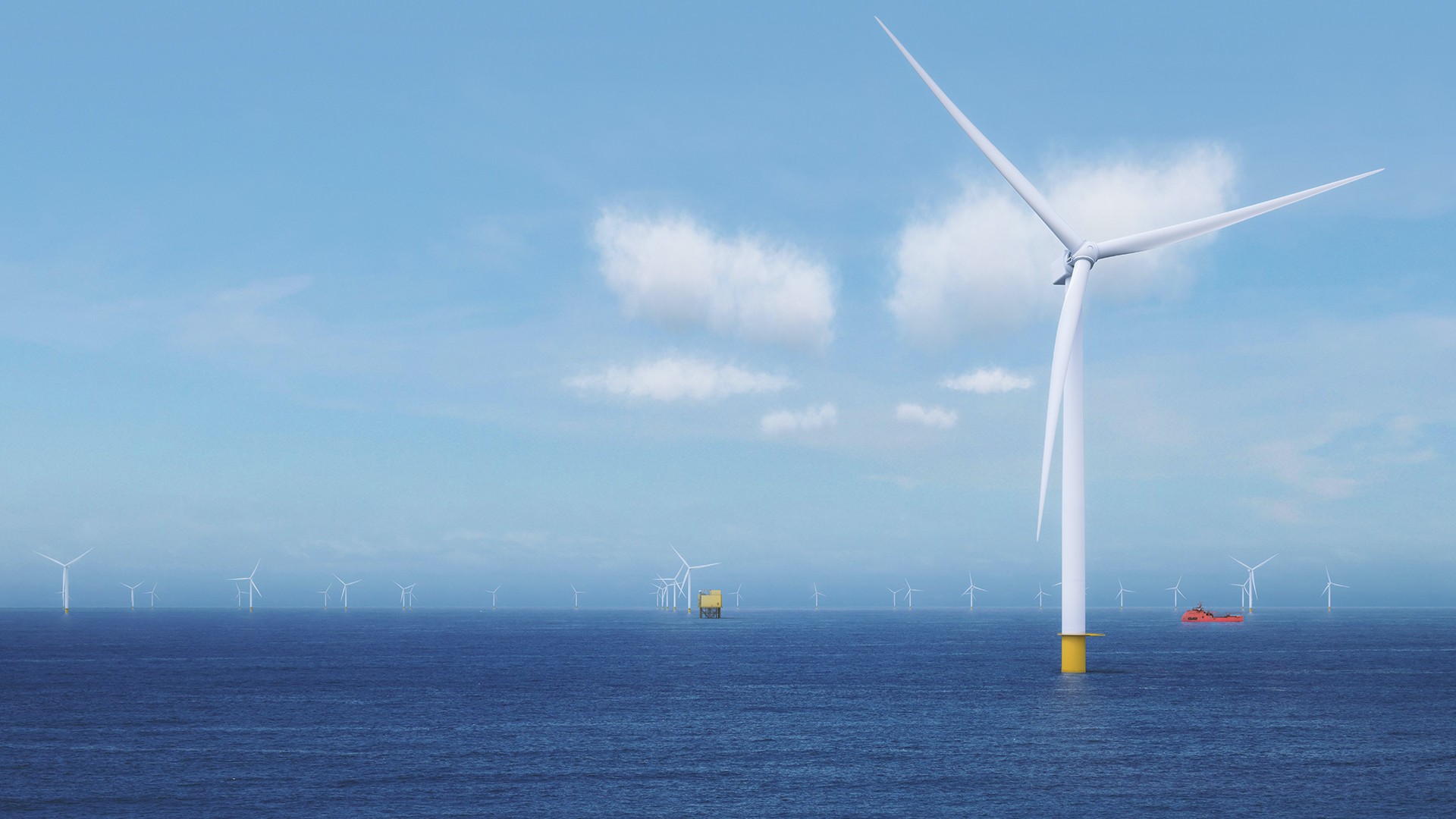 | | | | Equinor plans to power more than 1,000,000 homes in New York with homegrown, renewable energy. Why it's important: With a net-zero target for 2050, Equinor is pursuing the development of offshore wind projects in the U.S. and becoming a leader in the country's growing offshore wind industry. | | | | | | 4. Global news roundup: Solidarity among strongmen |  | | | Lukashenko (R) and Putin plant a tree. Photo: Mikhail Klimentyev/Sputnik via Getty | | | | 1. Russia blocked at least two European planes from landing in Moscow today because they planned to avoid Belarusian airspace, Axios' Jacob Knutson writes. - Why it matters: The move comes after the EU told European airlines not to fly over Belarus due to the "state-sponsored hijacking" of a Ryanair flight by Belarus authorities.
2. The same military officer who oversaw a coup in Mali nine months ago has done it again and is now running the country, the Washington Post reports. - Driving the news: The West African country's president and prime minister reshuffled the Cabinet without the approval of Col. Assimi Goïta, who promptly overthrew them on Monday.
3. Syrian dictator Bashar al-Assad today claimed 95% of the vote and a new seven-year term following yesterday's rigged election. - His official vote tally is actually higher than the total population of the government-controlled areas where voting was held, including children, per Emma Beals of Syria in Context.
4. Australia plans to keep its borders shut until mid-2022, risking major economic harm in order to keep COVID-19 out, per the BBC. - Why it matters: So strict have the "Fortress Australia" border policies been during the pandemic that Australian citizens in India were warned they could face jail time if they returned home. Immigration has all but stopped and some families have been separated, but the policy remains highly popular.
5. U.S. Senate Majority Leader Chuck Schumer (D-N.Y.) is forcing Republicans into a corner as he tries to pass a China-focused global competition bill, Axios' Alayna Treene reports. - Why it matters: It's important by itself as part of the U.S. strategy toward China but also seen by the left as a test for whether Democrats can work with the GOP on anything.
|     | | | | | | Bonus: Where in the World? | | Screengrab via Apple Maps This photo features two continents, two countries, and two small enclaves (marked with the pins) held by former colonial powers. Can you name all six? Hint: Scanning Monday's newsletter could jog your memory. |     | | | | | | 5. The "lab leak" theory rises in prominence | 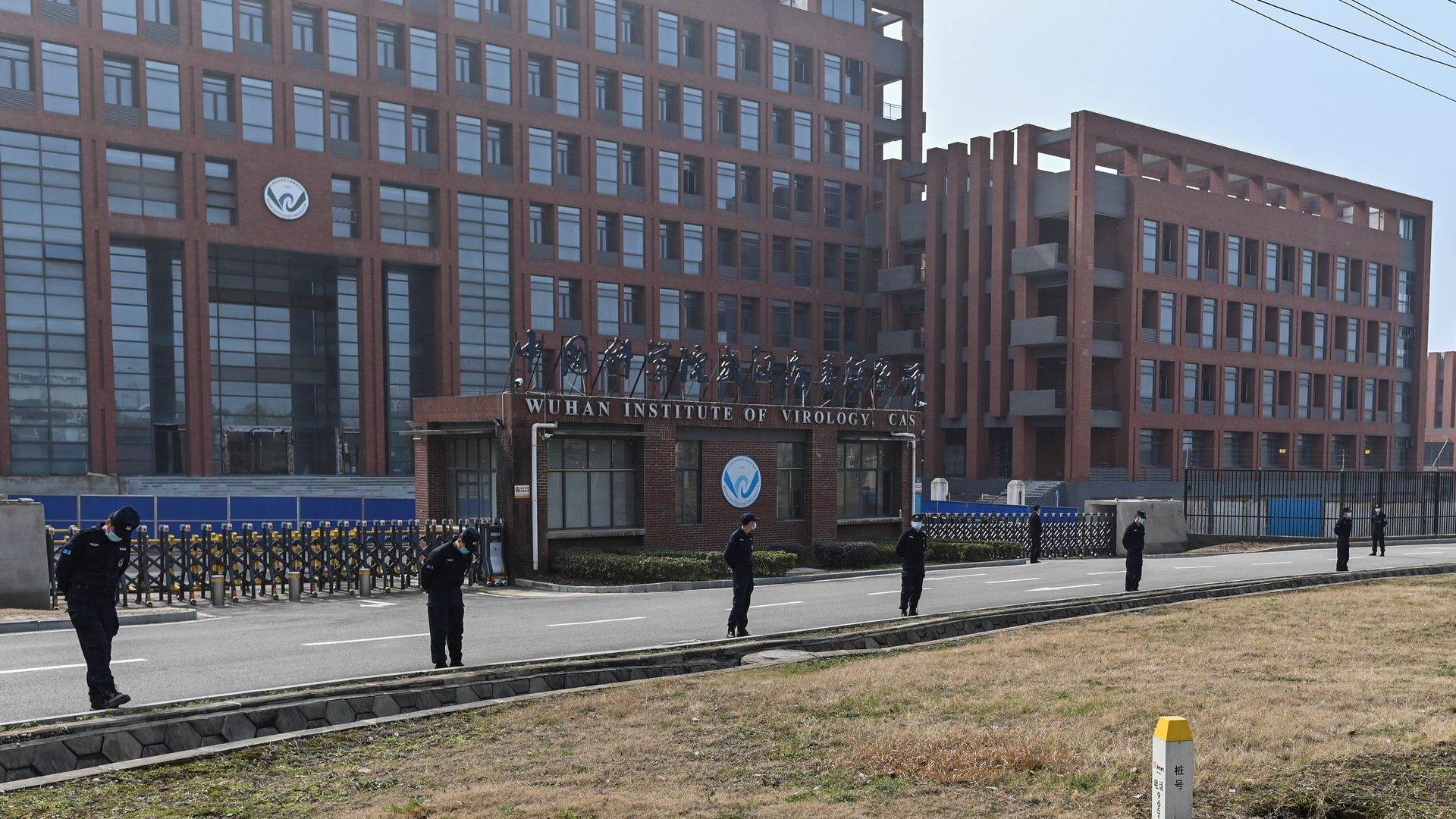 | | | The Wuhan Institute of Virology. Photo: Hector Retamal/AFP via Getty | | | | President Biden ordered the U.S. intelligence community on Wednesday to "redouble their efforts" to determine whether COVID-19 first emerged from a laboratory in Wuhan or through animal-to-human transmission. Flashback: The "lab leak" theory was initially dismissed by most scientists and public health officials and spread mainly by some of China's loudest critics, including President Trump. Many media outlets steered clear, and it faded into the background of the COVID-19 debate. Now, everyone from Biden to 18 leading biologists (writing in Science) to Anthony Fauci to WHO chief Tedros Adhanom Ghebreyesus has called for further investigation. - One reason is that no conclusive evidence has emerged for the animal spillover hypothesis, which had long been regarded by most scientists as the most likely explanation. It can take years to trace a virus back to an animal source.
- Another related reason is China's stonewalling of any thorough investigation — a characteristic response from Beijing that has nonetheless fueled suspicions that the government has something to hide.
- The outright dismissal of the lab theory in the report following a WHO investigation that was tightly controlled by China only fueled those suspicions further (particularly as the report took seriously the bizarre theory that the virus was imported in frozen food).
- Then there's the drumbeat of circumstantial news reports like the one from WSJ about workers at the Wuhan Institute of Virology falling ill in November 2019.
- There's also the history: "[S]cientists now believe that the H1N1 seasonal flu that killed thousands every year from 1977 to 2009 was influenza research gone feral," writes Donald McNeil, formerly the NYT's lead reporter on the pandemic and a recent convert to the lab leak theory.
The bottom line: We may never know how a pandemic that has killed at least 3.5 million people and thrown perhaps 115 million more into poverty began. Many scientists continue to point to animal spillover. But the lab leak theory has officially gone mainstream. Go deeper: What the lab leak theory means for scientific research |     | | | | | | 6. What I'm reading: Paul Kagame as the villain | 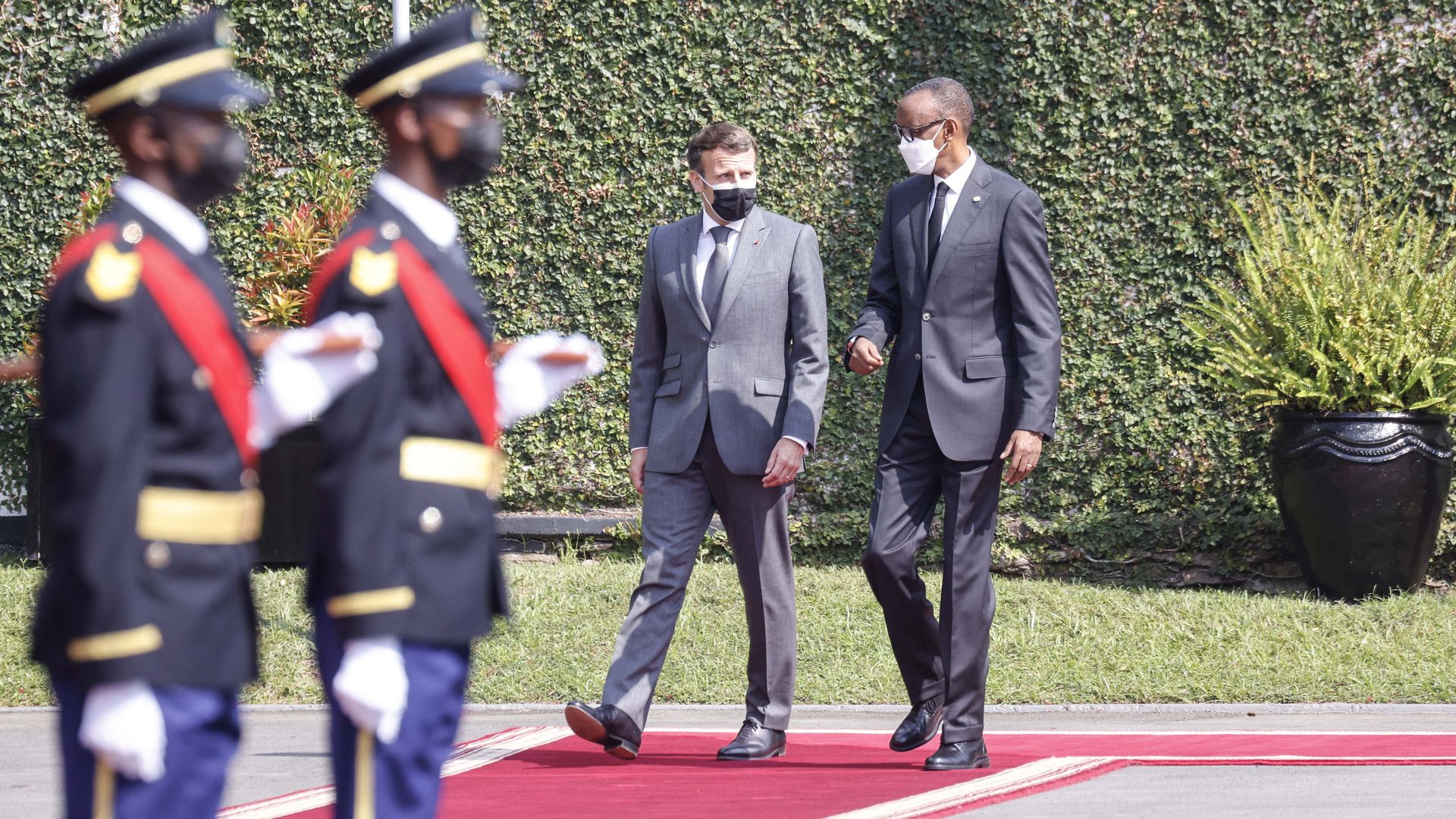 | | | Kagame (R) with Macron today in Kigali, Rwanda. Photo: Ludovic Marin/AFP via Getty | | | | In the new book "Do Not Disturb," Michela Wrong examines the uncomfortable reality of a country and a leader often seen as a remarkable success story: post-genocide Rwanda and its president, Paul Kagame. The big picture: Kagame is known as the man who stopped Rwanda's 1994 genocide and set the country on the path to rapid economic development. - But Wrong delves into the evidence that Kagame may have played a vital role in starting the genocide, by ordering the assassination of former President Juvénal Habyarimana.
- She takes an unblinking look at the role of Kagame's Rwanda in precipitating two wars that left millions dead in neighboring Democratic Republic of the Congo while allegedly pillaging the country.
- And she focuses most of all on what happens to those who dare criticize Kagame, in particular, former head of Rwandan intelligence Patrick Karegeya, assassinated in South Africa in 2013.
Driving the news: French President Emmanuel Macron visited Kigali today to meet Kagame, acknowledge that France bears some responsibility for the 1994 genocide, and restore diplomatic relations. - Two leading Rwandan opposition figures accused Macron of skirting any topic that might anger Kagame, writing that for Macron, "there are good dictators and bad dictators."
The bottom line: Wrong makes a compelling case that the image of Kagame as an enlightened leader is based on willful ignorance, manipulated data and the silencing of dissent. - But in describing the recent history of Rwanda and its neighbors — ethnic violence, mass expulsions, political instability — Wrong also offers an indication of why the world was so ready to embrace the "good dictator" who brought stability to Rwanda, whatever his methods may be.
|     | | | | | | 7. Stories we're watching | 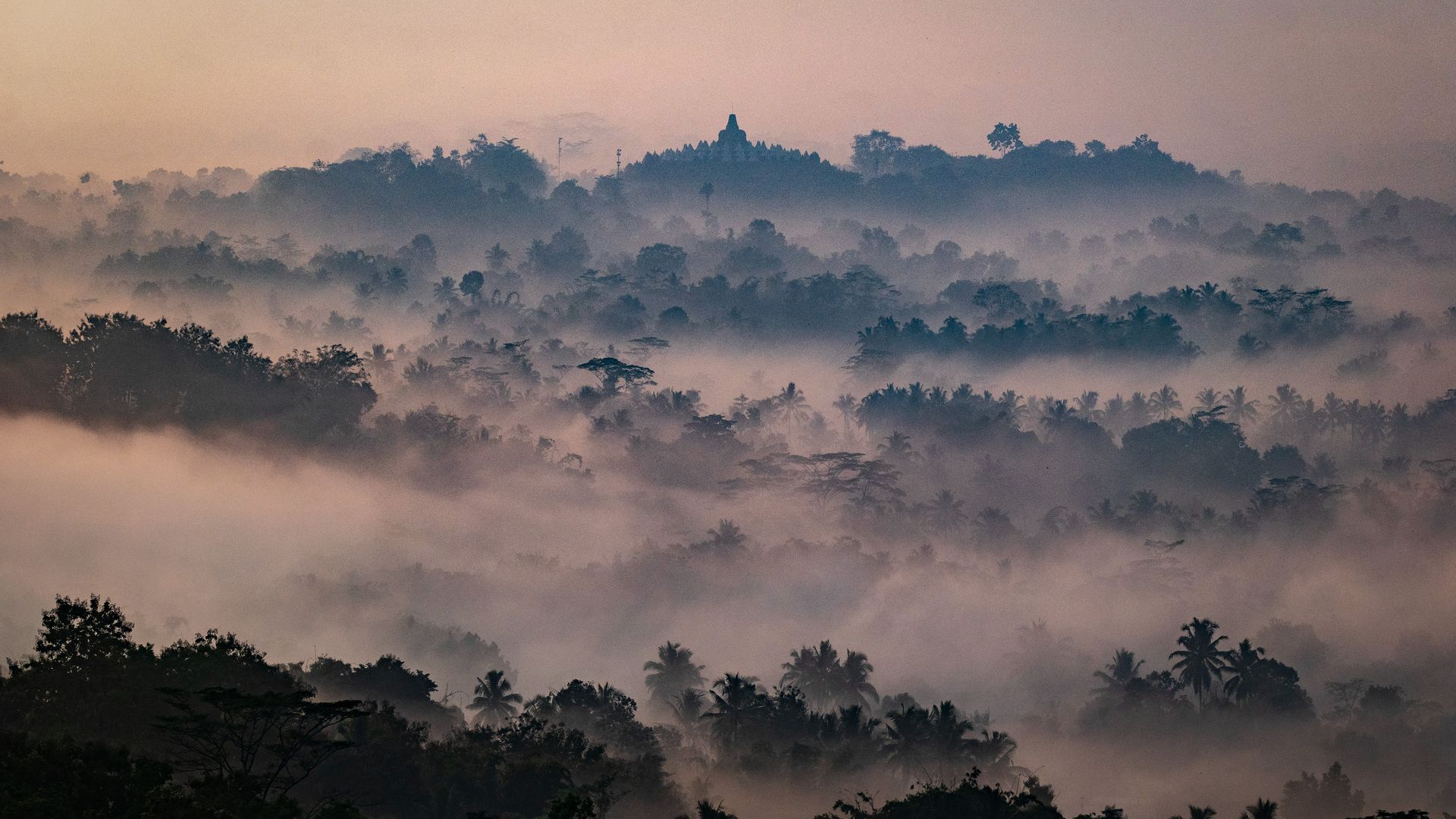 | | | A view of the Borobudur temple in Magelang, Indonesia. Photo: Ulet Ifansasti/Getty Images | | | - Biden-Putin summit set
- Progress toward restoring Iran deal
- Israel-Palestine news: Gaza reconstruction faces roadblocks; U.S. to reopen Jerusalem consulate; Abbas is relevant again; So is Sisi
- Lukashenko accuses EU of "hybrid war" over hijacking
- Russia crackdown puts internet giants in bind, Navalny faces new probes
- Chinese Communist Party celebrates 100th birthday
- Eric Garcetti to be ambassador to India
Quoted: "The view of various officials inside Number 10 [Downing Street] was that if we have the prime minister chairing ... meetings and he just tells everyone, 'It's swine flu, don't worry about it. I'm going to get [chief medical officer] Chris Whitty to inject me with it live on TV so everyone realizes it's nothing to be frightened of,' that would not help actually serious planning." — Dominic Cummings, formerly Boris Johnson's top aide, describing the prime minister's initial response to the pandemic. |     | | | | | | A message from Equinor | | Equinor aims to accelerate the energy transition | | |  | | | | The world needs energy — but it must be affordable, reliable, and accessible. What Equinor is doing: Growing their portfolio in renewable energy and cutting emissions. They're also planning to power over 1,000,000 homes in New York with renewable energy. More about Equinor. | | | | Answer: Spain and Europe to the north, Morocco and Africa to the south, with Gibraltar (U.K.) marked with the red pin and Ceuta (Spain) with the purple pin. |  | | The tool and templates you need for more engaging team updates. | | | | | | Axios thanks our partners for supporting our newsletters.
Sponsorship has no influence on editorial content. Axios, 3100 Clarendon Blvd, Suite 1300, Arlington VA 22201 | | | You received this email because you signed up for newsletters from Axios.
Change your preferences or unsubscribe here. | | | Was this email forwarded to you?
Sign up now to get Axios in your inbox. | | | | Follow Axios on social media:    | | | | | |








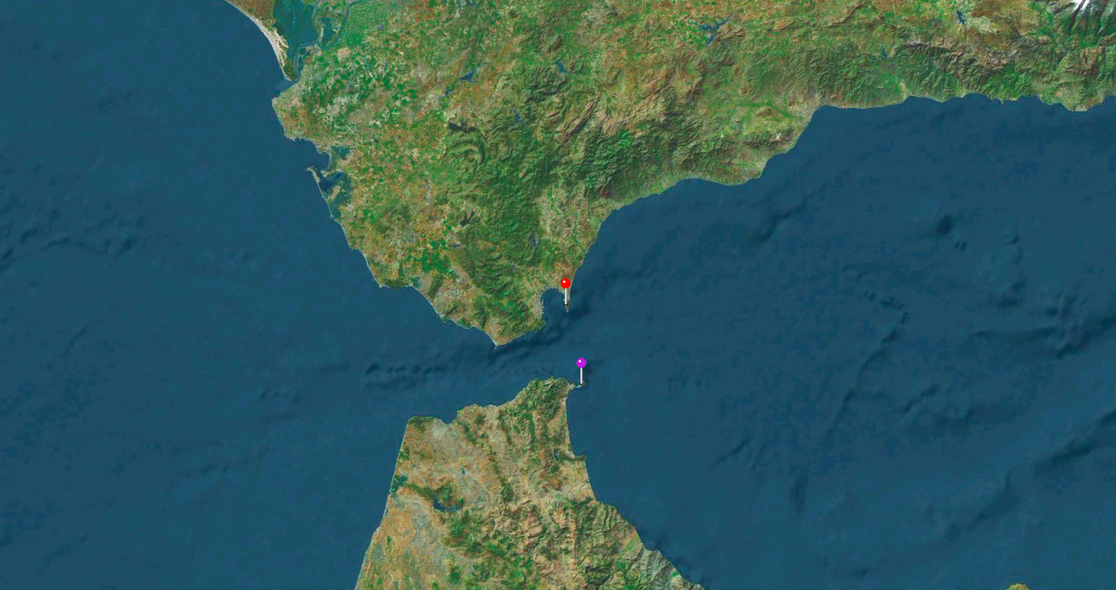




No comments:
Post a Comment